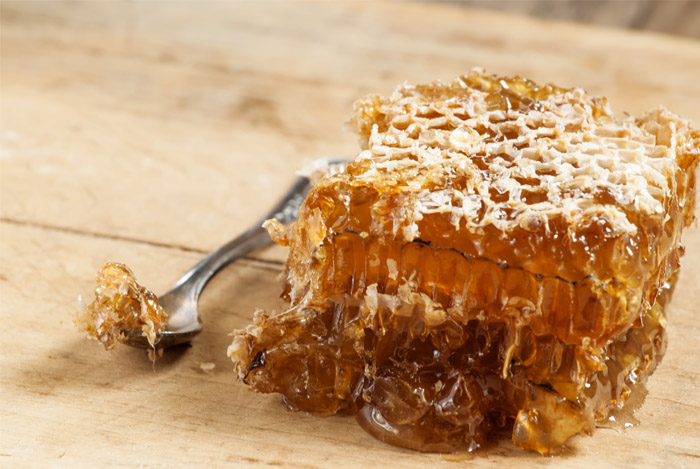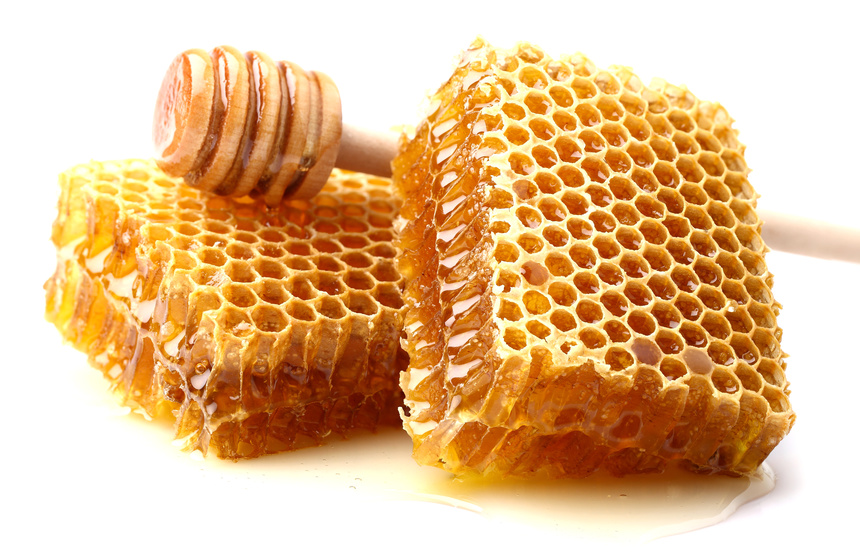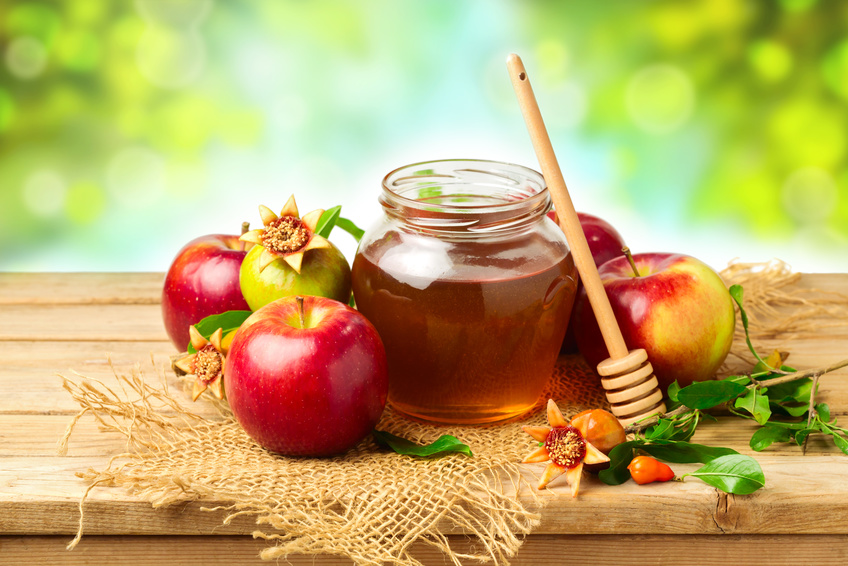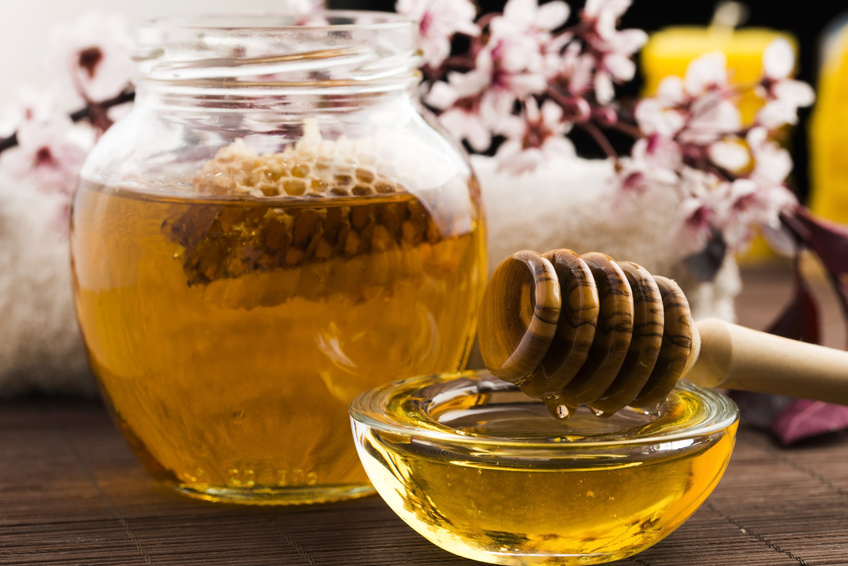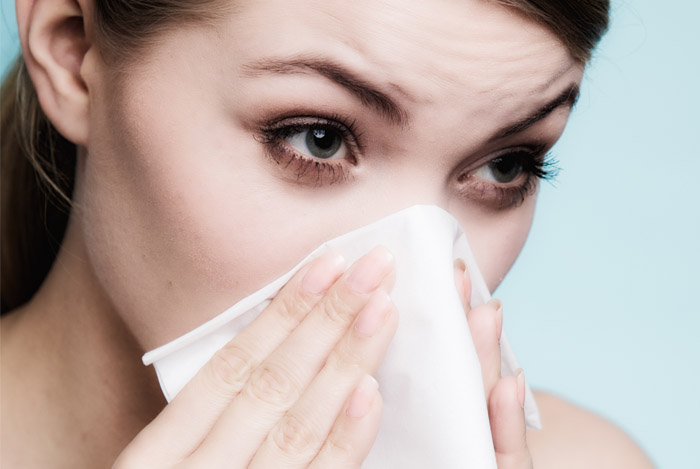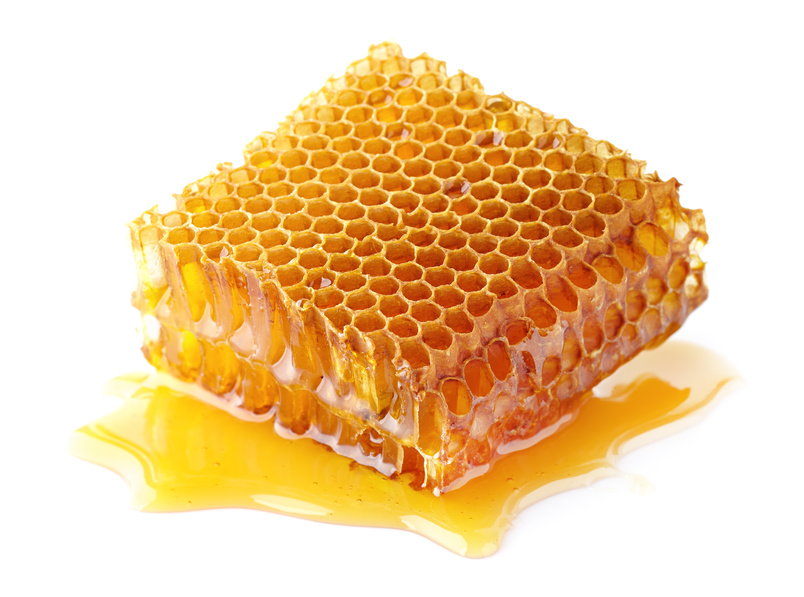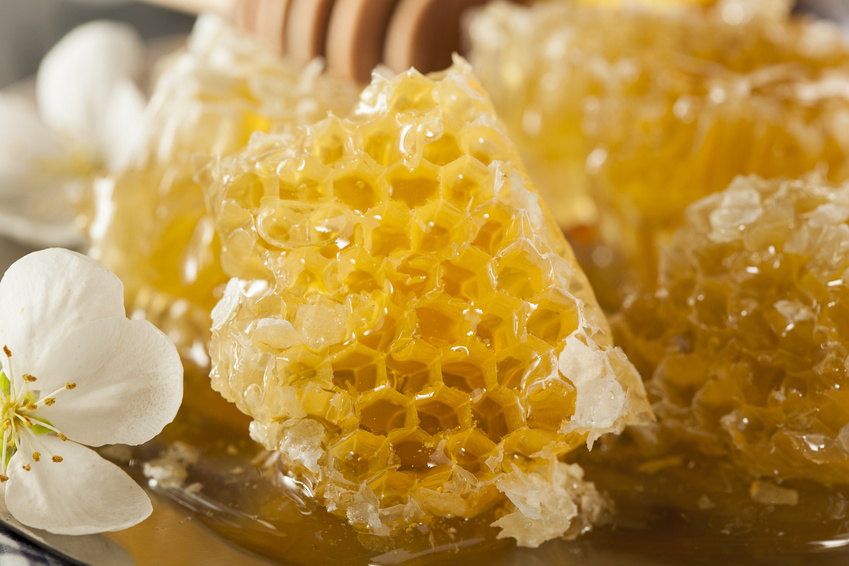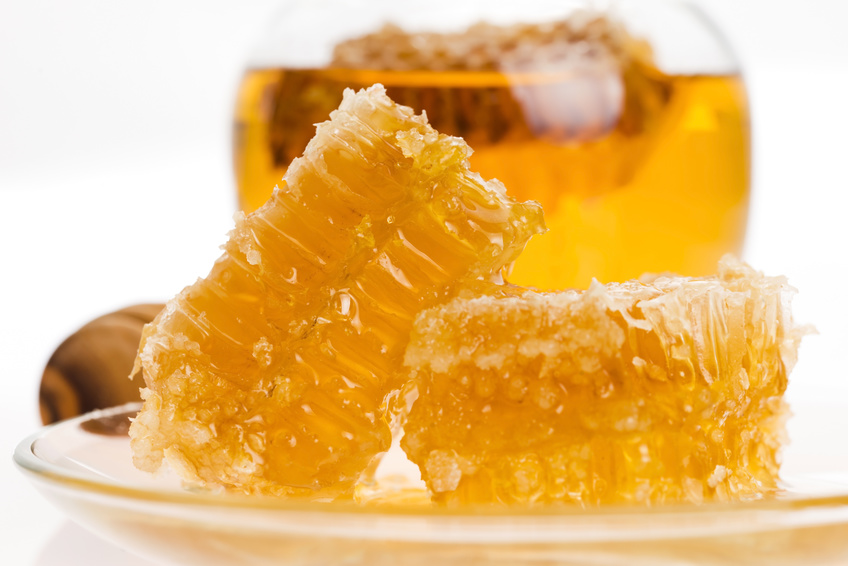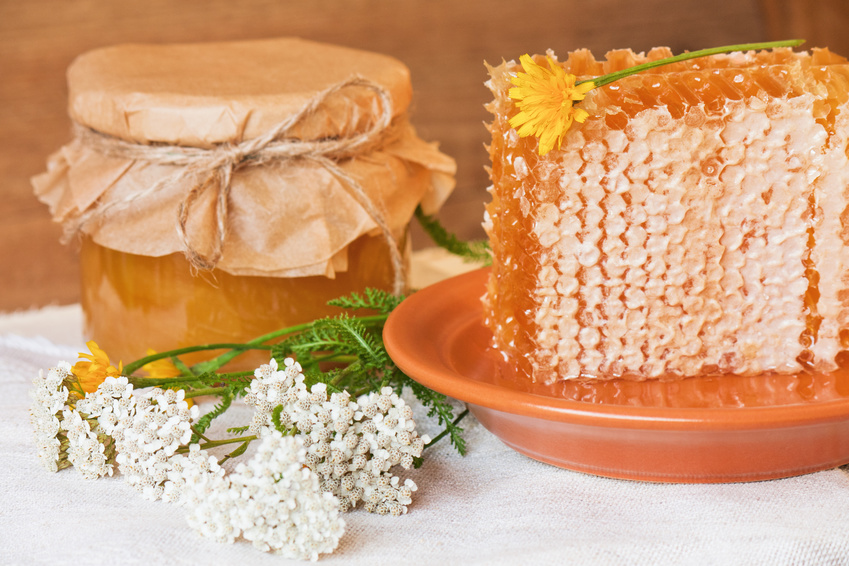The Process of Making Honey
You’d be surprised to know the effort that goes into making honey as it’s not just your run-of-the-mill kind of process.
Bee experts assert that to make one pound of honey, it takes approximately 60,000 bees traveling to possibly 2 million flowers (around 55,000 miles) to extract enough nectar.
That’s a lot of teamwork and it takes a lot of time!
Did you know that bees have an extra stomach that they store the nectar in?
Yes, these lucky bees get to have two stomachs to ingest their favorite food – pollen.
In the extra stomach, the nectar from the pollen they gather mixes with enzymes, which the bee regurgitates (vomits) right into another bee’s mouth.
Sounds gross, but it’s actually very natural and not as dirty as it sounds.
This process keeps repeating until the nectar is partially digested.
It then gets stored in a honeycomb and the bees use their wings to fan the liquid nectar to make it thicker.
Afterward, a liquid which seals the nectar is secreted from the bee’s abdomen and the nectar is hardened into beeswax.
If you haven’t taken a look at a bunch of bees hovering in and around a honeycomb, it’s actually very interesting!
Let’s take a look at the health benefits of honey so that more and more people will take advantage of this natural healing and health aid.
It is important to note right up front that you should not give honey to an infant because their immune and digestive systems are still developing.
Should the honey have botulism in it, their little bodies aren’t quite ready to fight it off like that of a child or adult.
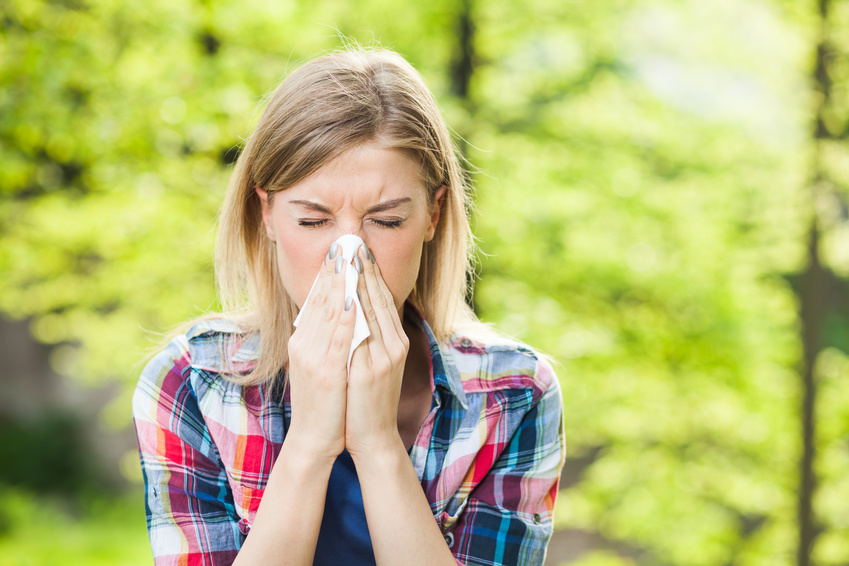
Helps with Allergies
Because of honey’s anti-inflammatory properties, it is able to help reduce allergy symptoms.
It acts as a natural vaccine because it contains little amounts of pollen.
Do you suffer with a runny nose and itchy eyes when allergy season hits?
Are you constantly popping Benadryl or using Nasonex nasal spray?
If so, honey will do you a world of good.
Once your body gets a small taste of the honey’s pollen, it will produce antibodies that will take care of that pollen, which means that your body will build up a defense against that allergy, over time.
It’s like your immune system gets a tiny hint of that pollen you’re allergic to and goes into attack mode.
Because it’s just a little bit of pollen, your immune system successfully attacks and kills it, building up immunity to it at the same time.
Pretty amazing, huh?
It is important to ingest honey that is from your local region as this is the honey that will contain pollen spores from the local flowers.
By taking a little bit of honey daily (a teaspoon is recommended), your body will build up a natural immunity to the allergens that would normally make you crazy with allergy symptoms.
Keep in mind that you should begin taking honey two to three months before allergy season to give your body time to build that immunity.
To obtain local honey, hit the farmers market, a co-op, or a natural health food store near you.

Energy Booster
Ever feel like lying your head down on your desk at work after lunch because you’re feeling completely zapped?
How about trouble getting moving in the morning?
Yes, our energy can surely fluctuate, so anytime we can utilize a natural energy booster, it’s certainly a win-win.
Because of its high carbohydrate load, honey is a wonderful source of unprocessed sugar energy.
The glucose and fructose hit the bloodstream quickly, which gives you the boost you need to get moving.
It’s a great way to start off a long exercise regimen.
Otherwise, include it with your breakfast every morning to give you the boost you need.
A great idea is to add a spoonful to a cup of hot tea, as well as cutting back on your coffee consumption; too much coffee does not really give you an energy boost.
You can also make some iced tea for the afternoon and sweeten it with a tablespoon of honey.
Heck, you might as well just carry a little jar with you to have on hand.
Just take one to two tablespoons of raw honey per day and keep it moving.

Memory Booster
As we age, we want to keep our memory sharp, so consuming foods that will give the memory a boost is recommended.
Antioxidants are fabulous for feeding the cells of your brain the food it needs to thrive.
You’ll find that there are plenty of antioxidants in honey , which can help keep your brain in tip-top shape.
In fact, research shows that honey may help postmenopausal women’s memory stay sharp by simply taking one spoonful each day.
Adding a teaspoon to a cup of tea each day is an easy and refreshing way to meet that quota.
Honey also helps the brain absorb calcium, which helps with memory as well.
Taking good care of your brain via consuming proper nutrition can decrease your chances of contending with dementia down the road.
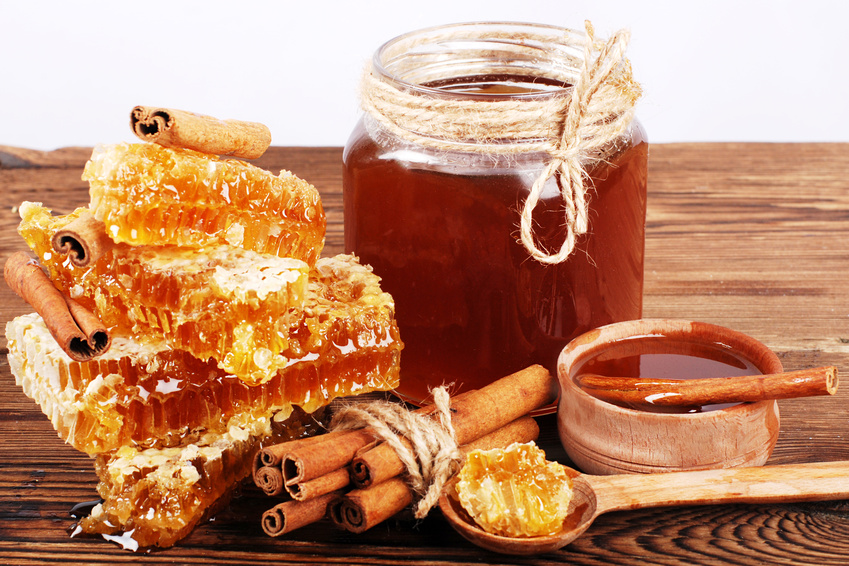
Cough Suppressant
With the common cold being so prevalent, especially during winter months, it’s a great idea to have honey handy as it helps reduce a cough.
Sure, you can take over-the-counter cough syrups, but are you willing to ingest ingredients that are harsh on your immune system?
Not every ingredient in cough syrup screams health for your body, but honey is an old-fashioned cough remedy that is jam-packed with health benefits.
The honey coats the throat and keeps it calm by soothing the nerve endings that protect the throat.
Some doctors believe that two tablespoons of honey are just as effective as cough suppressants.
In fact, the World Health Organization (WHO) gives credence to honey as a demulcent (something that relieves irritation or inflammation), which helps alleviate a cough due to the honey acting as a protective film over the throat.
Here is a great recipe for a honey lemon cough syrup that will surely help you out should you acquire a cough:
Honey Lemon Cough Syrup
You’ll need one lemon and some raw, unprocessed honey.
Look for such at a farmer’s market, co-op, or natural health food store in your locality.
Lemons are great at killing bacteria and, along with honey, soothing your throat.
To make this cough syrup, simply get a small pan out and heat a pint of raw honey at a low heat level.
Do not overheat honey, as this will alter its medicinal properties.
Afterwards, get a second pan and boil the whole lemon for a few minutes.
This will kill bacteria that may be on the lemon skin and soften the lemon.
Once the lemon cools, slice it and add it to the warm honey on the stove.
Simmer this concoction for one hour and then strain the lemon pieces from the honey mixture.
Cool the honey, put it in a bottle, and refrigerate.
It can be kept for about two months.
If you have a cough, take 1 tablespoon up to 4 times a day.
Children between 25 and 50 pounds can be given half a teaspoon.
Do not give honey to infants under a year old as the honey irritates their digestive systems.

Helps with Sleeping
A good bit of the population has trouble falling or staying asleep, which can cause extreme fatigue and crankiness.
Instead of instantly resorting to sleep aids, think about natural remedies for the situation.
Here is a brief synopsis of the science behind why honey may help you fall asleep faster.
The sweetness of honey causes your insulin levels to rise, which in turn releases the neurotransmitter serotonin.
Then, the body converts serotonin to melatonin – a chemical that helps your body sleep.
In addition to serotonin, amino acids are found in honey , which contribute to the production of the amino acid tryptophan.
When tryptophan gets to the brain, it is converted into serotonin and, eventually, melatonin, so you have even more of it to help you sleep better.
Now that you understand that, go ahead and have a teaspoon of honey each evening as you wind down.
A couple of wonderful ways to do this is to add it to some chamomile tea or make yourself a glass of Golden Milk – an Ayurveda recipe that uses turmeric, honey, almond milk, and pepper to help reduce inflammation and calm the body for a good night’s rest.
Do some research on this ancient medicinal drink; you’ll find a plethora of helpful information on its benefits.
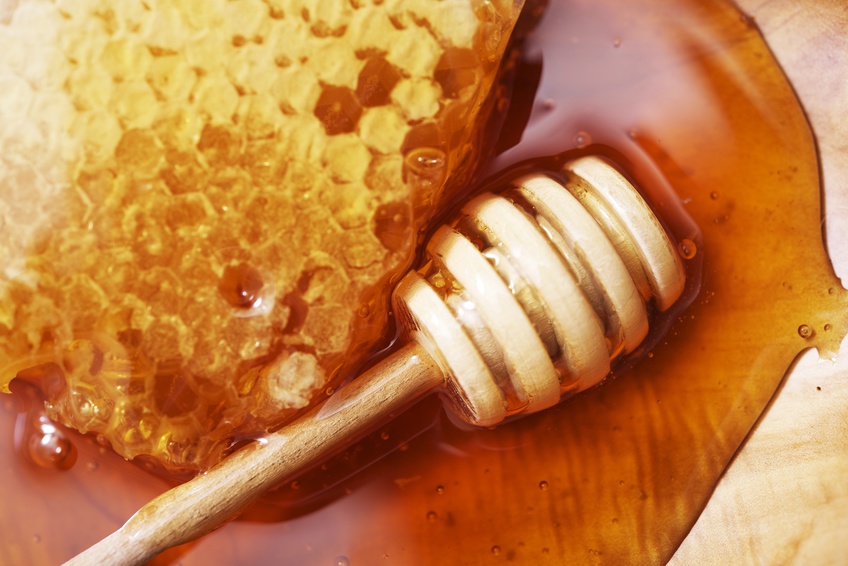
Helps with Dandruff
Have an itchy scalp?
Got dandruff issues?
Walking around scratching your scalp can be fairly embarrassing.
The good news is that researchers have found that when you apply a diluted solution of honey and water to the scalp and leave it on for a few hours, your scalp will get back to its healthy self in no time.
In fact, some people report that skin lesions completely heal after just a couple weeks of this remedy; others say that they saw an improvement in avoiding hair loss as well.
Honey works so well with scalp issues because of its antifungal, anti-inflammatory, and antibacterial properties.
So feel free to lather up your head with some local honey and receive this deep type of conditioning for the scalp so that you won’t have to worry about dry, flaky scalp any longer.
You can even use honey if you don’t have any scalp issues; it will simply moisturize and give your hair a wonderful conditioning.
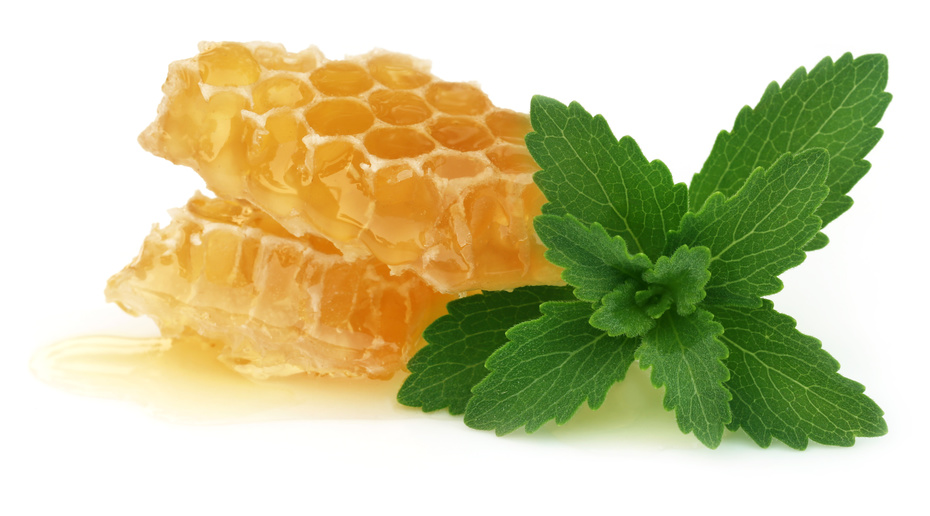
Helps with Scrapes and Burns
Because of its natural antibiotic nature, honey can help soothe and treat wounds and burns.
Got a scrape or wound?
Simply apply honey and it will help disinfect the wound from some serious bacteria like methicillin-resistant Staphylococcus aureus (MRSA).
In fact, honey was used as an infection-fighting therapy for many years until penicillin came on the scene in the early 20th century.
Many turned to penicillin and the use of honey to treat infection waned.
Now, with so many people interested in getting back to natural remedies, honey has become much more popular for treating such cases.
A great honey for treating wounds and burns is Manuka honey which is made from the pollen from Manuka bush flowers.
One of my favorite Manuka honey is Wedderspoon 100% Raw Premium Manuka Honey which you can buy on Amazon.
There have been clinical studies done on this type of honey and it has been found that over 250 clinical strains of bacteria are treated by Manuka honey.
It has a special ingredient that makes it much more powerful than the other honey types.
No one knows exactly what the ingredient is, so it’s simply called the “Unique Manuka Factor” (UMF).
Even if you cannot obtain Manuka honey, any raw, unprocessed honey can help wounds and burns heal quickly.
Children love this type of remedy for their scrapes or burns because it does not sting them like hydrogen peroxide.
Offer them a small taste of the honey before applying it as they will learn that honey is super good for their bodies and hopefully continue to consume it throughout life.
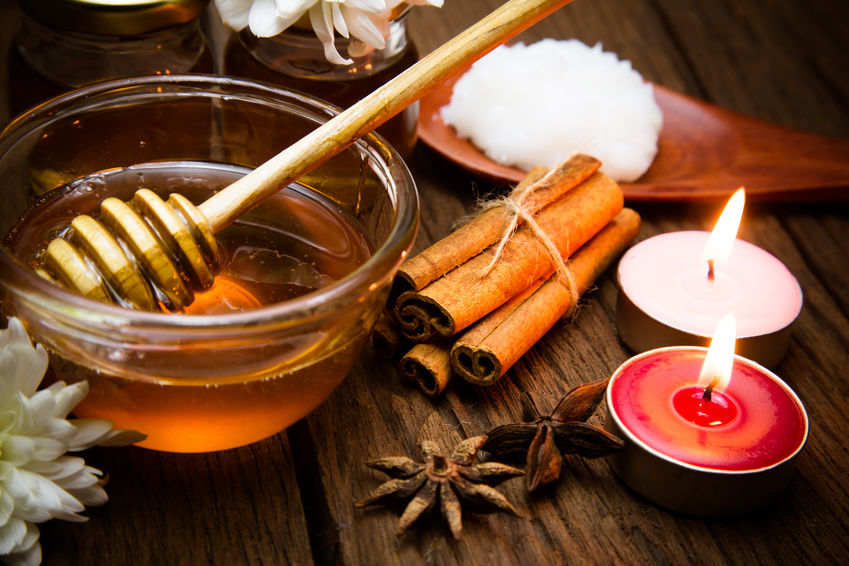
Helps with Herpes
Dealing with herpes breakouts can surely be frustrating and sometimes the over-the-counter medications simply don’t work the way people would like them to.
Not to mention, many people don’t like to purchase herpes medication as they feel ashamed of their condition.
Those that contend with herpes will be relieved to hear that honey can help with symptoms of herpes because if applied on sores, it draws fluid away from them.
Furthermore, because honey has a high sugar value, it keeps microorganism growth to a minimum.
The nectar from the bees includes the enzyme glucose oxidase, which helps when the honey is applied to your wound because a little bit of hydrogen peroxide is released, cleansing the wound.
If you contend with herpes breakouts, do give honey a try to see if you get some relief and if the sores heal quicker.
Honey can be a safe, affordable healing agent that will certainly save you from spending big money on prescription or over-the-counter medicines that oftentimes come with side effects or toxic ingredients.
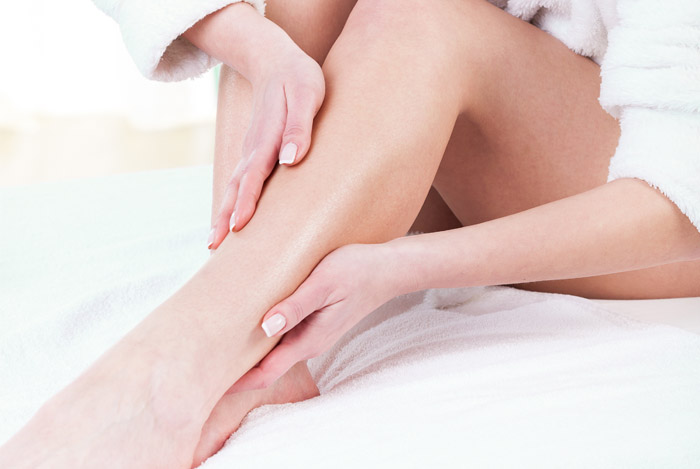
Can be Used as a Moisturizer
For those who like DIY home remedies, honey is a fantastic ingredient that will help restore moisture to your hands, feet, and entire body.
Since honey retains moisture quite well, you can add it to shampoos, conditioners, and moisturizers for wonderful results.
Here are several DIY honey home recipes you can use today:
Honey Body Moisturizer:
- Combine 5 TBS honey, 2 TBS rose oil, and 2 cups almond oil in a bottle and shake
- Use this moisturizer as often as you’d like
Honey Hair Conditioner:
- Combine ½ cup honey with ¼ cup extra virgin olive oil
- Apply this to your hair and work it in well
- Use a shower cap to cover your hair for 30 minutes and then shampoo as you would normally
